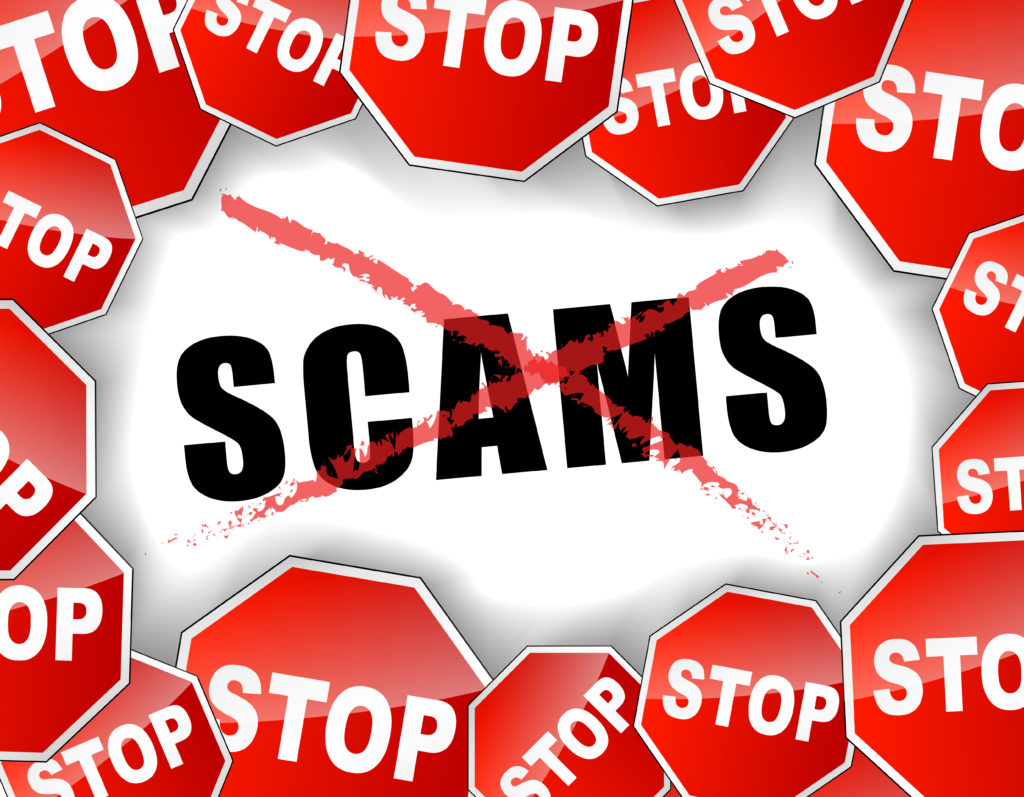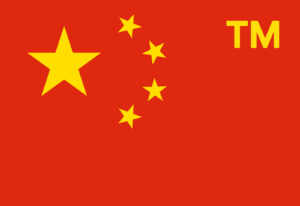China’s Four Most Common Business Scams and How to Avoid Them
Post-COVID, our China lawyers have been seeing more than the usual number of foreign American and European companies coming to us after having been scammed by a Chinese company.
In this post, I will explore four common China business scams and provide actionable steps to avoid these scams By following these tips, you can lower your risks and reap the rewards of doing business in China.
The following are the four most common China scams we have been seeing in the last few years.
1. The China Junk Product Scam
My law firm has been seeing a disturbing trend of Chinese companies substituting real products with “junk” The below email is representative of what we get:
I worked with what I thought was a reputable company in China to manufacture window awnings. I received good samples from them, so I ordered 15,000 pieces, but all were the wrong material and warped to the extent that they cannot be used.
They initially told me that they would rework the awnings, but now they don’t even respond to me.
I now have useless product I cannot sell, and I am paying storage on it because I hope to be able to return it. Can you help?
My response to these sort of emails is to explain how my law firm’s international litigators determine the odds of being able to get them some or all of their money back.
How to Avoid This Scam
1. These things happen when the buyer does not conduct due diligence on the seller before sending money. Much of the time, the Chinese company that commits the fraud never existed and the most basic due diligence would have caught this.
2. These fraudulent companies spend the money to send something instead of nothing and then claim they will remedy the problems for two reasons. One, sending bad product is less likely to lead to criminal charges than sending no product at all. The fraudster can claim that it sent what was ordered and “it’s not my fault the Americans/Europeans/Australians are so picky.” Two, by stalling they keep their scam alive for much longer. They’ve paid for advertising and for a website and they’ve even bought the really bad product and they want to maximize these expenditures.
3. Fight hard to pay as little as possible upfront, with the remainder paid upon receipt and inspection of the product.
4. Use a contract that works for China, and that sets forth clearly what you are buying and what happens if your China supplier fails to comply. See China Contracts: Make Them Enforceable Or Don’t Bother. Such a contract is pointless with a non-existent company.
5. Know the market price of what you are purchasing before you purchase it, and do not trust a company that gives you an incredibly low-price.
6. A small trial order does not reduce your risk, as the scammers know to send a good sample and then scam you when you order the full amount.
This is also a good time to mention that you should not buy product from China without first registering your trademark in China because many of the fraudsters sending out bad product will also flip register YOUR brand name, product name, and/or logo in China as THEIR China trademark and then use those trademarks to block your products from leaving China for violating THEIR trademarks, unless you pay them. See Manufacturing in China: Trademark Registration Should be the First Thing You Do.
2. The China Bank Account Switch Scam
The bank switch scam involves your regular Chinese supplier asking you to make a payment to a new bank account or a new supplier asking you to make your first payment. After you make the payment, your supplier insists you still owe it the full amount because it never received your payment. When you explain that did in fact send the payment, you learn that your supplier never received it because you sent it to someone else’s bank account.
The Wall Street Journal sounded the alarm on this scam in 2016, and it’s been going gangbusters ever since. The WSJ described this scam as follows:
When the buyer sends an order, the scammers step in, ultimately intercepting the seller’s invoice and changing payment instructions before sending it back to the buyer. With the modified invoice, funds are sent to the criminals instead of to the seller.
In an analysis of 44 recent fraudulent transfers, 84% of the transfers went to accounts in China and Hong Kong where it is more difficult for victims to recover their money, the FBI alert said, and complaints about these scams more than tripled last year.
For those who have fallen victim to this scam, our international fraud lawyers typically do the following:
1. We determine whether insurance claims can be made. We then help by explaining to the insurance company how the scam happened and why our client is entitled to coverage under its policy, and we get the Chinese supplier to help as well.
2. We seek (and usually get) some monetary contribution from the Chinese supplier by convincing it that their computer system was hacked, and therefore it should pay at least some of our client’s loss.
3. We work with our client to minimize problems with its Chinese supplier. If that relationship needs to be severed, our manufacturing lawyers counsel them on how to do that without creating new problems. See Why Changing China Suppliers Is So Risky.
4. We determine whether there is a chance to recover anything from the perpetrator. Doing this helps in dealing with the Chinese supplier and with our client’s insurance company, neither of whom will pay anything until they are convinced that our client has done everything it can to try to recover from the crooks themselves.
How to Avoid This Scam
1. Get to know the people at your suppliers who speak English (if you don’t speak Chinese) and get your supplier’s landline phone numbers as that cannot be hacked. Call if you have any concerns.
2. Get your supplier’s bank account information in advance and ask them to refer to “bank account information document” on their invoices, rather than listing out full bank details every time.
3. Check your bank account every day, maybe even twice a day. If you catch a wire early enough you can sometimes stop it.
4. Do a first small wire to confirm the account.
5. If possible, pay your Chinese suppliers to their bank accounts in mainland China as that is generally safer than paying them overseas, be it Hong Kong, Taiwan or anywhere else.
6. Have a special procedure set up with your suppliers for confirming bank account changes.
7. Have an internal procedure for confirming all payments over a certain amount.
8. Get an insurance policy that covers computer hacking or fraud and make sure it covers this sort of scam. We have been able to quite easily get insurance companies to pay off on such policies.
3. The China Stock Option Scam
This scam starts with a Chinese company offering stock ownership as payment for a business transaction or for hiring someone.
The Chinese company will typically tell the foreign person or entity that it “needs your services, but because we are just a startup, we need to pay you in stock instead of cash.” The Chinese company then offers founders’ stock or employee stock options in their Chinese entity and then it claims it will soon be going public (“with an IPO”) and the stock will give the foreigner big returns.
The problem is that foreigners cannot own stock in Chinese domestic companies not already listed on a stock market.
When the foreigner starts asking about its options or its stock, the Chinese company will then reveal that it just learned that it cannot legally issue the stock options or provide the stock. Sometimes, the Chinese company will propose workarounds, such as elaborate nominee schemes illegal under Chinese law. These proposals often convince the foreigner to waste another year or so with the Chinese company.
In the rare case where there is an IPO, it is invariably on a foreign not a Chinese stock exchange, and the company doing the IPO is of the same nationality as the stock exchange. This allows the Chinese company to tell the foreigner: “Sorry, your options/stock are with the Chinese parent company, not the listed subsidiary.”
How to Avoid This Scam
Avoiding this scam is easy: do not accept stock options or stock in a Chinese company as payment.
4. The Fake China Joint Venture Scam
A Chinese company convinces a foreign company to contribute money or assets (intellectual property, equipment, etc.) to a to-be-formed China Joint Venture. The foreign company agrees. However, the Chinese company never forms the joint venture, but they provide fake documents to the foreign company to make it look like they did. Unaware of the deception, the foreign company operates under the assumption of ownership for years. Eventually, when profits aren’t shared, they discover the truth.
How to Avoid This Scam
Involve a lawyer specializing in Chinese joint ventures before contributing any assets. Your lawyer can verify the legitimacy of the venture and ensure proper formation documents are in place, protecting your ownership rights.
Conclusion
China is still a potentially rewarding market for international businesses, but the risks can also be high. But if you familiarize yourself with China’s most common scams and you implement the basic preventative measures outlined above, you can reduce your China business scam risks.
For the most common personal scam risk, I urge you to read this post on the “pig butchering scam,” which also usually involves China.

























